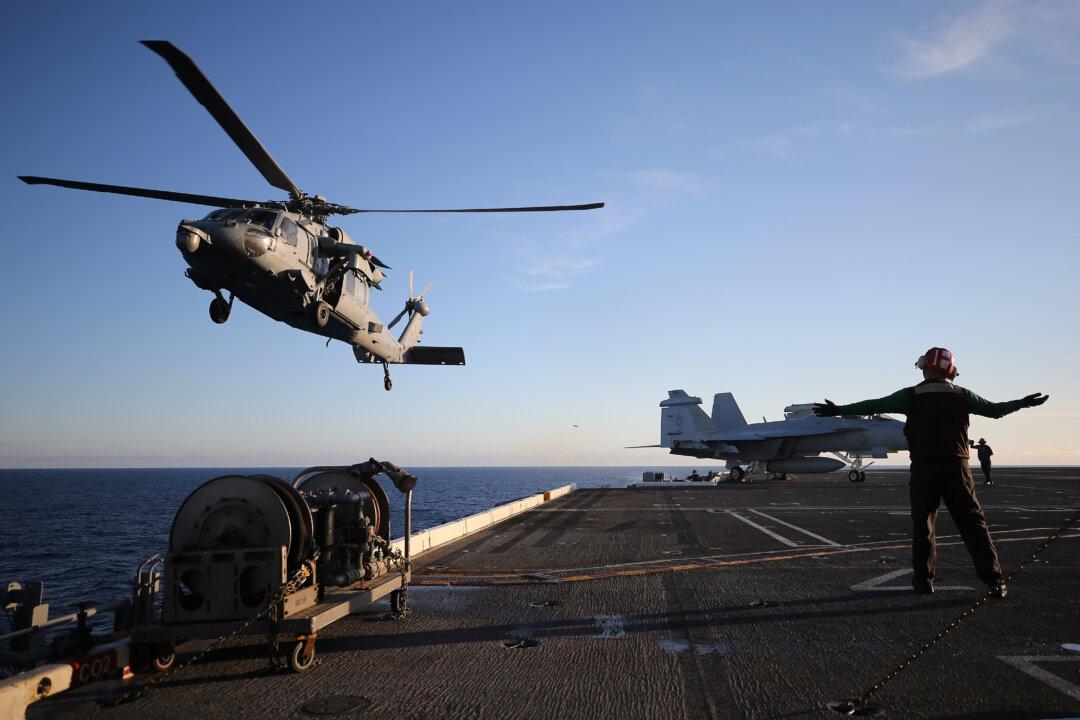China’s communist regime is the most destabilizing player in the Indo-Pacific, according to a retired head of naval intelligence, but tempering its reactionary behavior is no simple task.
To prevent a war between the great powers, the United States will need to go beyond investing in military equipment and leverage all means of national power, according to retired Rear Admiral Mike Studeman.




